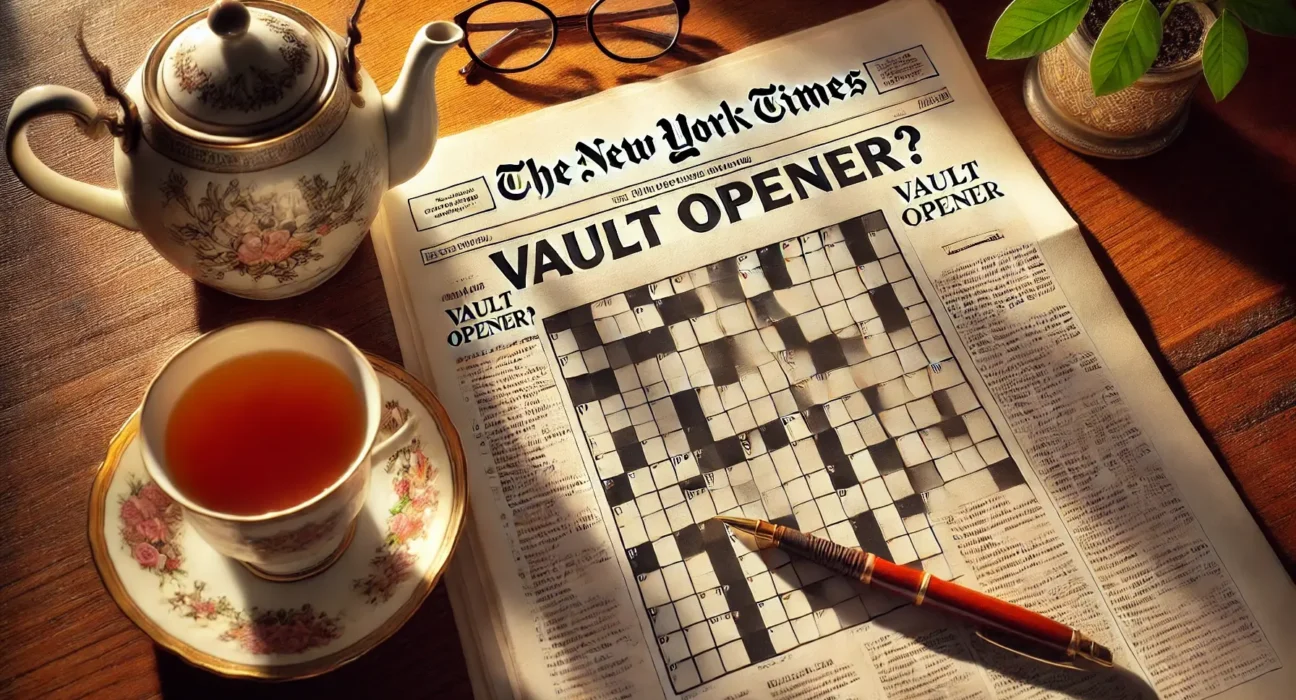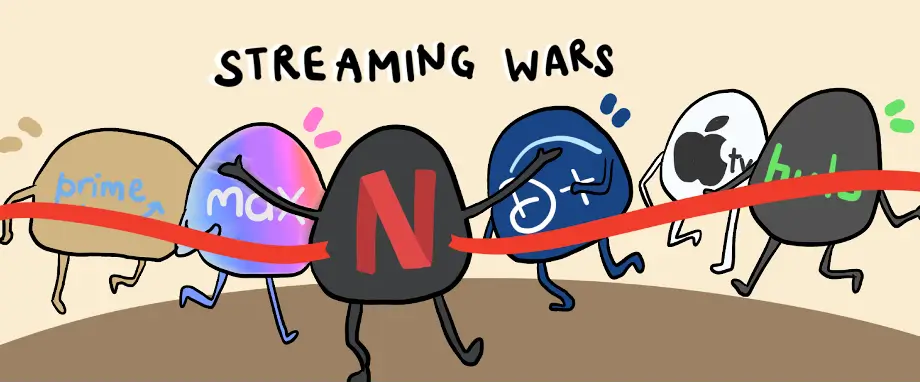“Vault opener” is a crossword clue that appears regularly in New York Times Crosswords and is a wonderful example of how clever wordplay so often appears in crosswords. Understanding the nature of clues like this, with possible answers, gives insight into how crossword constructors work to challenge solvers and keep puzzles appealing day after day.
A “Vault opener Nyt Crossword” clue seems easy enough at its most basic. The solver may have something in his mind that can open a vault: a key, combination, or security code. However, in the crosswords, this is rarely true. The clue is usually designed to mislead the solver from the obvious choice. In that case, solvers must consider more than the literal meaning. A “vault opener” might have several possibilities and answers that depend on how the clue was written and on the level of difficulty of the puzzle.
The Literal Vault: A Starting Point
When encountering a “vault opener” in a crossword puzzle, it’s natural to consider a literal vault first. This could refer to a secure room or safe for storing valuable items. In this sense, potential answers might include “key” or “code.” For instance, a key might physically open a lock, while a code might be entered into a keypad to grant access. This interpretation might be too literal if the puzzle’s theme is related to banks or safes.
Vault as a Verb: Another View
Crossword clues often use wordplay with several meanings, and “vault” is no exception. In addition to referring to a secure storage space, “vault” can also mean to leap or jump over something. With this interpretation in mind, a “vault opener” might suggest a starting move or action that allows someone to jump—a running start, for instance, or a pole vaulting pole. In such a case, the answer might be “run” or “pole,” depending on the puzzle’s specific clues and the number of letters required.
The Crossword Constructor’s Craft
What makes “vault opener” an interesting clue is that it represents the artistry of the crossword constructors. Most constructors compile clues that function on a few levels – through wordplay, double meaning, and theme tie-ins. A good constructor may place a “vault opener” in a puzzle with a financial theme, so the solver may start thinking about banks and security keys. Alternatively, a sports-themed crossword might use the term “vault opener” to nudge solvers toward track and field. This kind of flexibility is one reason crosswords are such a thrill to solve: solvers never know what’s coming next.
| Clue Type | Possible Answers | Context or Theme |
|---|---|---|
| Literal meaning | key, code | Banking, safes, or secure vaults |
| Athletic reference | run, pole | Gymnastics or track-and-field |
| General wordplay or theme clue | start | Any puzzle theme or clever twist |
Crossword Solving Techniques
When a clue like “Vault opener Nyt Crossword” arises, there are several ways a solver can find the answer:
Consider the Crossword’s Theme:
Many crosswords have a unifying theme that can help provide context to clues. If the puzzle centres around gymnastics or track events, “vault opener” may refer to a move or a piece of equipment. If finance or banking is the theme, the answer might be “key” or “code.”
Count the Letters
The number of letters in the answer is a crucial clue. If “vault opener” needs a four-letter answer, it could be “key” or “code.” A five-letter answer could be “start.” Checking the intersecting words can confirm or eliminate possible choices.
Look for Wordplay and Puns
Crossword constructors love to play with language. A “vault opener” might not open a vault; it could be a clever twist on the idea. Considering alternative meanings of “vault” can lead to unexpected answers.
Think Outside the Box
The best answer is often less obvious. The more creative users, who generate an interpretation beyond the literal meaning of “vault”, tend to score well. One may think of a “vault opener” as related to a gymnast’s “run” or “approach” before vaulting
Examples of Common Answers to “Vault Opener”
Given the flexibility of crossword clues, there is no “correct” answer to “vault opener.” However, several solutions have surfaced in different puzzles:
- Key: An obvious answer for a puzzle with a banking or treasure theme.
- Code: Another possible solution to a secured vault or safe.
- Run: More fitting in athletic events, especially track and field or gymnastics.
- Pole: This can be an important “opener” for the jump in pole-vaulting
- Start: This is a general answer that can fit just about any theme as a synonym for the first two meanings.
The Pleasure of the Solution
One part of why solving crosswords is so deliciously pleasurable is the “aha” moment when the answer snaps into place. A clue like “vault opener” might seem to baffle a solver initially, but after considering possible interpretations—secure vaults, gymnastic moves, or clever wordplay—the correct answer suddenly becomes clear. This moment of revelation is what keeps crossword enthusiasts coming back for more. The challenge of deciphering clues, combined with the satisfaction of filling in the grid, makes crosswords a favourite pastime for millions.
The Role of Difficulty Levels
The New York Times Crossword always gets harder for the week, so early-week puzzles tend to have easier clues. More straightforward clues that might make this one easier, like “key,” would find their way on a Monday, but by Thursday or Friday, they might be more opaque or even be a pun so that the solver has to start thinking more abstrusely to get it. This gradual progression of difficulty means that solvers of all skill levels can find puzzles that suit their abilities yet still pose a challenge.
Why Does “Vault opener Nyt Crossword” Matters?
Clues like “vault opener” epitomize why crosswords remain the favourite intellectual toy. They demand this combination of vocabulary, lateral thinking, and cultural knowledge. Solvers must interact with language creatively and consider the number of meanings and interpretations. All this mental flexibility makes crosswords not merely fun but also sharpens minds.
For those new to solving, “vault opener” in a puzzle might initially seem intimidating. Yet, solvers gain experience so that, with time and patience, they learn to recognize the types of wordplay and misdirection to which constructors resort. Eventually, they will even appreciate the elegance of a well-crafted clue, something to overcome and a small piece of linguistic art.
Final Thoughts
“Vault opener” is more than a crossword puzzle clue; it’s a window into the cleverness and complexity of the puzzle-making craft. Whether it leads to a simple answer like “key” or a more abstract one like “run,” the clue encourages solvers to think creatively and consider multiple perspectives. For crossword enthusiasts, these moments of insight and discovery make the experience so rewarding. As a term that can mean many things, “vault opener” perfectly represents what makes crosswords so endlessly fascinating.
More to Solve: Current Influencer NYT Crossword
FAQ’s
What does “vault opener” mean in a crossword?
It often refers to a clue that leads to an object, phrase, or action associated with opening a vault, whether literal (like a key) or figurative (like a run-up for a jump).
Can “vault opener” have multiple interpretations?
Yes, crossword clues often employ a homophone or pun. “Vault opener” might make one think of a physical key to open a vault or a fist jump that opens a run in gymnastics. It could even be a play on words with a phrase.
Why are crosswords tricky, like “vault opener”?
Builders enjoy teasing solvers by using crossword clues that can be applied in multiple ways; therefore, the solver is forced to think beyond the obvious and entertain other meanings.
What are some common answers to “vault opener”?
Depending on the puzzle’s theme and context, common answers include “key,” “code,” “run,” “pole,” or “start. “
What strategies help in solving such clues?
Consider the crossword’s theme, the number of letters needed, and potential wordplay. Checking intersecting answers can also provide valuable hints.






